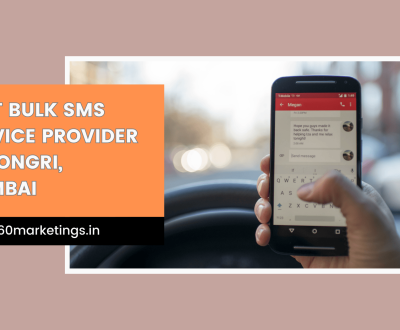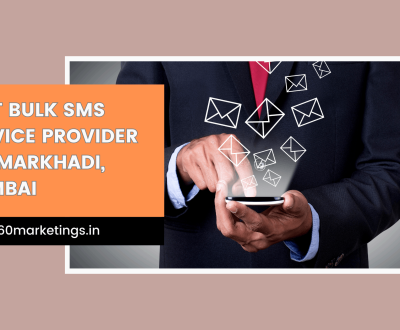What is WhatsApp API: A Comprehensive Guide to Messaging Integration
- January 20, 2024
- SMS
Introduction
In the ever-evolving landscape of communication technology, businesses are constantly seeking innovative ways to engage with their audience. One such tool that has revolutionized the messaging landscape is the WhatsApp API. In this comprehensive guide, we will delve into the intricacies of WhatApp API, exploring its functionalities, benefits, and how businesses can leverage this powerful tool for effective communication.
Understanding WhatsApp API
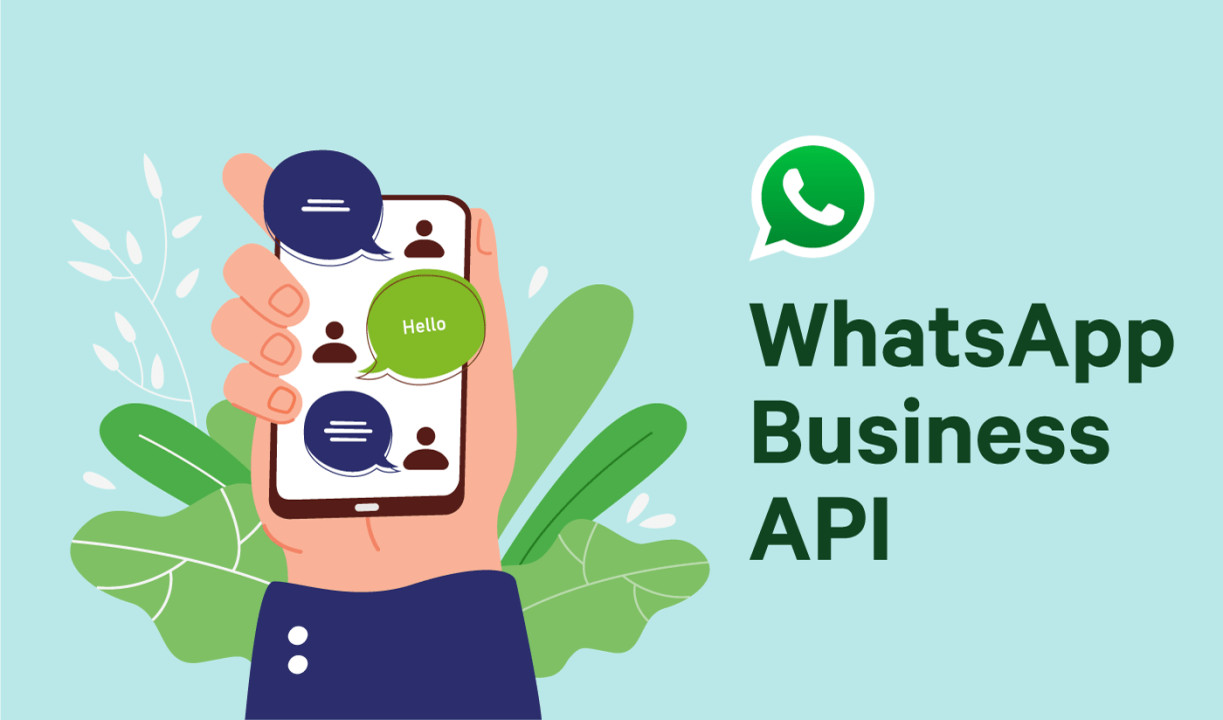
In the realm of modern communication, the WhatsApp API stands as a game-changer for businesses seeking seamless interaction with their audience. This robust application programming interface empowers businesses to integrate WhatsApp into their communication strategies, facilitating multimedia messaging, two-way communication, and automated responses. The integration process involves obtaining API access, configuring a business profile, and implementing the API into existing systems. With benefits such as enhanced customer engagement, increased efficiency, and real-time communication, businesses can leverage WhatsApp to stay ahead in the competitive market. As technology evolves, future trends may include advanced AI integration, expanded integration options, and improved security measures, making this API a dynamic and indispensable tool for effective communication.
Key Features of WhatsApp API
WhatsApp API boasts a range of features that make it a versatile tool for businesses. From multimedia messaging to automated responses, businesses can utilize these features to streamline communication and enhance customer engagement.
- Multimedia Messaging: With this API, businesses can send multimedia messages, including images, videos, and documents, providing a richer and more interactive communication experience.
- Two-Way Communication: The API facilitates two-way communication, allowing businesses to receive messages from customers. This enables real-time interactions, fostering a more dynamic and responsive customer engagement process.
- Automated Responses: Businesses can set up automated responses using this API, ensuring that customers receive timely replies to their queries. This feature enhances efficiency and responsiveness, contributing to a positive customer experience.
Integration Process of WhatsApp API
Integrating this API into a business’s communication infrastructure involves a series of steps. From obtaining the necessary permissions to configuring the API, businesses need to follow a systematic approach to ensure a seamless integration process.
- Obtaining API Access: To use this API, businesses need to apply for access and obtain approval from WhatsApp. This involves meeting certain criteria and adhering to WhatsApp’s policies to ensure responsible and compliant use of the API.
- Configuring Business Profile: Once approved, businesses need to set up a business profile on WhatsApp. This involves providing relevant information about the business, such as its name, contact details, and industry, to create a professional and trustworthy presence on the platform.
- Implementing the API: The next step involves the actual implementation of the this API. Businesses need to integrate the API into their existing systems, such as customer relationship management (CRM) software or messaging platforms, to enable seamless communication.
Benefits of Using WhatsApp API for Businesses
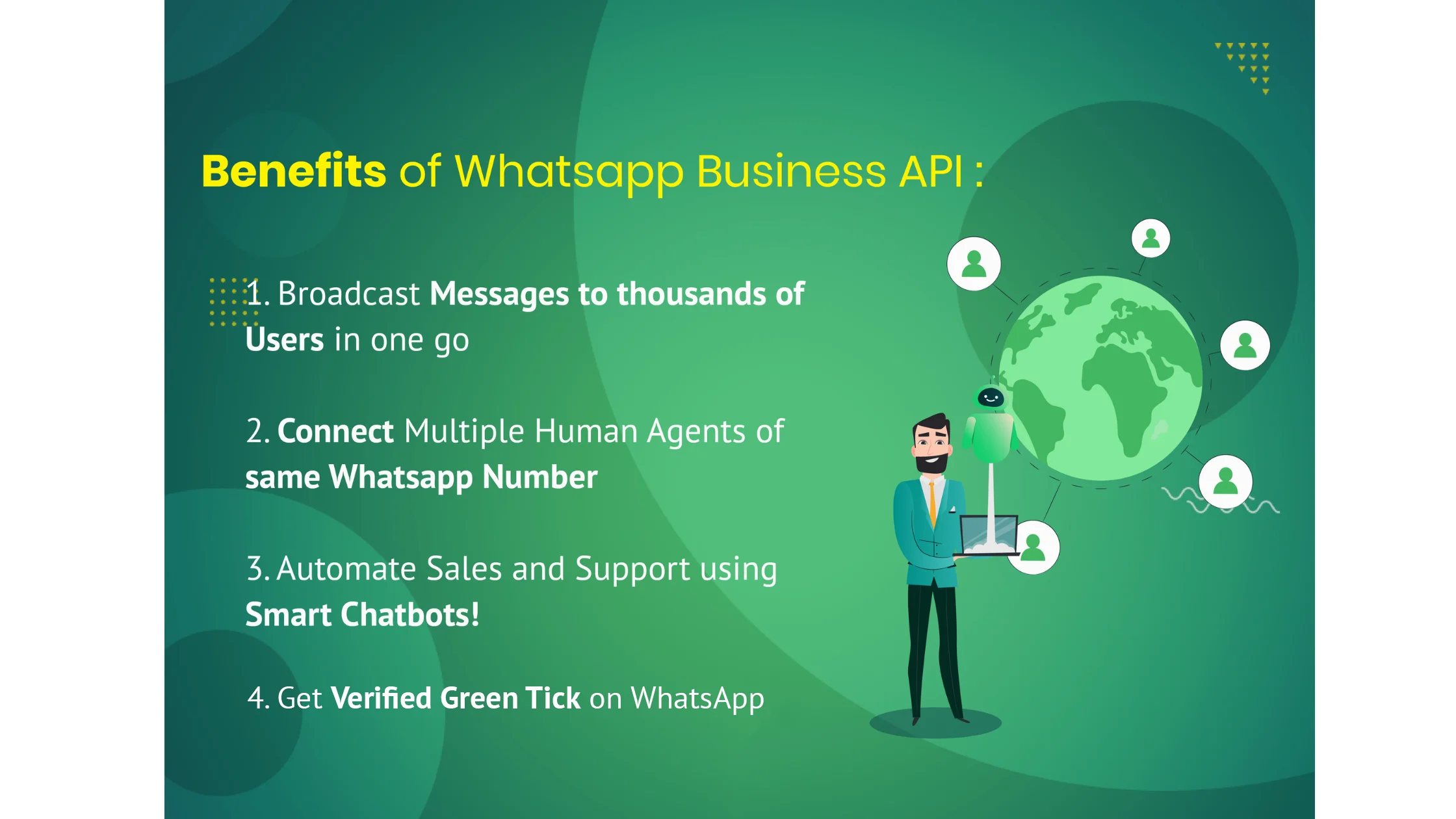
WhatsApp API offers a myriad of benefits for businesses looking to enhance their communication strategies. From improved customer engagement to increased efficiency, businesses can leverage these advantages to stay ahead in the competitive market.
- Enhanced Customer Engagement: By integrating this API, businesses can connect with customers on a platform they are already familiar with, fostering a more engaging and personalized communication experience.
- Increased Efficiency: The automated features of this API, such as chatbots and automated responses, contribute to increased efficiency in handling customer queries. This allows businesses to focus on more complex tasks, enhancing overall productivity.
- Real-Time Communication: This API facilitates real-time communication, enabling businesses to address customer queries and concerns promptly. This instant responsiveness contributes to a positive customer experience and builds trust.
You can also revolutionize your messaging using Whatapp API
Challenges and Considerations in Using WhatsApp API
While WhatsApp API offers numerous advantages, businesses must also be aware of potential challenges and considerations. From compliance issues to the need for dedicated resources, understanding these aspects is crucial for successful implementation.
- Compliance with Regulations: Businesses using this API must adhere to data protection and privacy regulations to ensure responsible and ethical use of customer data. Non-compliance can lead to legal repercussions and damage the reputation of the business.
- Dedicated Resources: Implementing and maintaining this API integration requires dedicated resources, including technical expertise and ongoing support. Businesses need to allocate sufficient resources to manage the API effectively.
- Cost Considerations: This integration may involve associated costs, including application fees and usage charges. Businesses need to carefully evaluate the cost implications and ensure that the benefits outweigh the expenses.
Future Trends and Developments in WhatsApp API
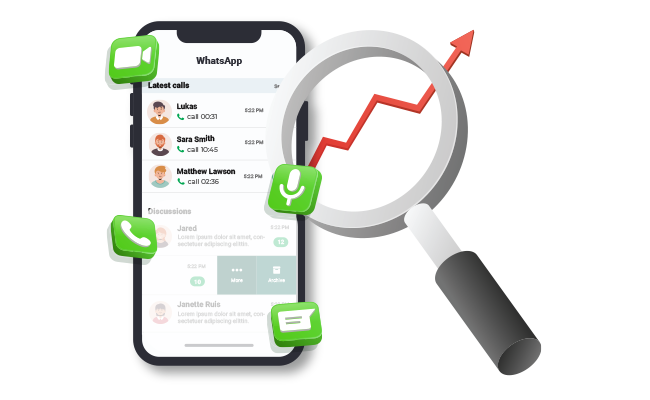
As technology continues to advance, so does the potential of WhatsApp API. From enhanced features to broader integration capabilities, businesses can anticipate future trends that will further optimize their communication strategies.
- Advanced AI Integration: The integration of artificial intelligence (AI) is expected to play a significant role in the future of WhatsApp API. Businesses can leverage AI-powered chatbots for more sophisticated and personalized interactions with customers.
- Expanded Integration Options: It is likely to offer expanded integration options, allowing businesses to seamlessly connect with other communication channels and platforms. This will enhance the overall omnichannel experience for customers.
- Improved Security Measures: As data security becomes an increasing concern, future developments in it may include enhanced security measures to protect customer information. This will be crucial for maintaining trust and compliance with evolving regulations.
Conclusion
In conclusion, WhatsApp API is a powerful tool that businesses can leverage to enhance their communication strategies and engage with customers on a more personal level. From its key features to the integration process, businesses can benefit from a comprehensive understanding of WhatsApp API. By staying abreast of the latest trends and addressing potential challenges, businesses can unlock the full potential of this dynamic messaging integration tool. As technology continues to evolve, it remains a valuable asset for businesses seeking to stay ahead in the competitive landscape of modern communication.
To know more about 360 Marketing
FAQs
-
Q: What is WhatsApp API?
A: It is an interface allowing businesses to integrate WhatsApp into their communication systems for enhanced customer engagement. -
Q: How does WhatsApp API benefit businesses?
A: It streamlines communication, offers multimedia messaging, and enables automation, enhancing customer interaction and efficiency. -
Q: What features does WhatsApp API offer?
A: Multimedia messaging, two-way communication, and automated responses are key features of this API. -
Q: How to integrate WhatsApp API into a business?
A: Obtain API access, configure a business profile, and implement the API into existing systems. -
Q: What is the role of AI in WhatsApp API?
A: AI integration, especially chatbots, enhances interactions for more sophisticated and personalized customer experiences. -
Q: What benefits does WhatsApp API offer for customer engagement?
A: It provides real-time communication, instant responsiveness, and a personalized communication experience, fostering positive engagement. -
Q: What are the challenges in using WhatsApp API?
A: Compliance with regulations, dedicated resource requirements, and cost considerations are key challenges businesses may face. -
Q: How does WhatsApp API contribute to increased efficiency?
A: Automated features, such as chatbots, contribute to efficiency by handling customer queries promptly. -
Q: Can businesses send multimedia messages using WhatsApp API?
A: Yes, businesses can send images, videos, and documents, enriching communication through multimedia messaging. -
Q: Is WhatsApp API suitable for small businesses?
A: Yes, it is scalable and suitable for businesses of all sizes, offering benefits like enhanced communication and engagement.
" Harshil, a dedicated blogger at "360 Marketing Services Pvt Ltd," channels his passion for blogging into creating engaging and insightful content. With a profound commitment to delivering valuable marketing insights, he skillfully navigates the digital landscape, consistently producing content that resonates with the audience."
About us and this blog
We are a digital marketing company with a focus on helping our customers achieve great results across several key areas.
Request a free quote
We offer professional SEO services that help websites increase their organic search score drastically in order to compete for the highest rankings even when it comes to highly competitive keywords.
Subscribe to our newsletter!
More from our blog
See all postsRecent Posts
- The Benefits of Using White Routes in SMS Marketing December 9, 2024
- Businesses Report Higher ROI with Bulk WhatsApp Messages November 19, 2024
- Best Bulk SMS Service Provider in Koombarwara, Mumbai September 4, 2024







